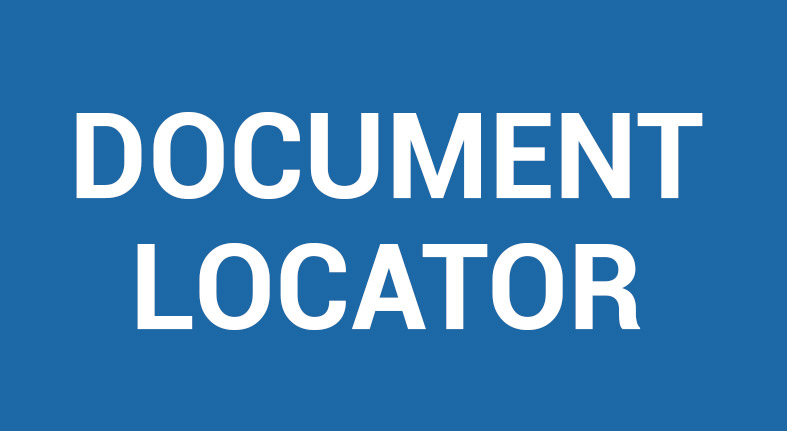Lions VisionGift
Lions VisionGift: an organization with a remarkable mission.
The non-profit was founded in 1975 by Lions Clubs of Oregon, with a goal of making ocular tissue available for transplants and research, locally and worldwide. Since then, over 20,000 people have regained their ability to see through its efforts.
Recovering ocular tissue is meticulous work. There’s a long checklist of criteria to meet before a donor can be confirmed, and consent (from both the donor and their next of kin) is paramount. Upon approval, a Lions VisionGift technician may recover the cornea (the eye’s clear covering), the sclera (the white of the eye), even the eye as a whole. This tissue goes through many layers of preparation and analysis before ever reaching a surgeon’s hands.
Cornea transplant is an art, a fine-tuned micro-surgery in cell beds only a few microns thick. That’s finer than a sheet of paper. Yet success for this type of transplant exceeds 95% – and a single Lions VisionGift donor can help restore sight to 10 different people.
Their record-keeping system involved, quite literally, tons of paper.
Tad Shaw, Information Systems Manager at Lions VisionGift, joined the team in 2009. Before then, he had worked at a financial institution which, like many others, had made the decision to go paperless. To Shaw, the appeal of electronic document management was immediate.
Lions VisionGift was just the opposite of paperless at the time. The building had a 20×30 foot area devoted to a mechanized rolling cabinet system. Back then, a donor file might contain as few as two pages. But times had changed: by 2003, files were tracking 40-50 pages each; recently, some had grown as thick as 200 pages. Considering that Lions VisionGift sees about 2,000 donors annually, averaging 100 pages per file, they were adding 200,000 pages every year. The filing cabinets had become untenable.
Space wasn’t the only issue. At Lions VisionGift, about 50 people rely on those records daily, and as we know, humans have a way of making mistakes. If someone forgets to return a record, or puts it back in the wrong place, it’s impossible to find. For Quality Systems Director Kristin Mathes, that was problem number two.
These concerns paled, though, in comparison to the vulnerability of the paper itself. Lions VisionGift is required to retain records for ten years; if the FDA or Eye Bank Association of America asks to see a file, that request must be filled. Should a fire or natural disaster destroy the file room, it could put them out of business.
Digitizing the archives spelled a Herculean challenge.
Scanning hundreds of thousands of papers is no small task, and Shaw didn’t want to embark on that haphazardly. So he scoured the Internet for document management software, hoping to find 5-10 solutions from which to choose. To his surprise, only three of the organizations he approached were able to provide a proof of concept. One missed the mark entirely; the second did very well. The third was ColumbiaSoft, whose solution Document Locator presented the most flexible way forward.
Working together, Shaw and ColumbiaSoft strategized a way to create electronic records while organizing them into a folder structure at the same time, using cover sheets. Whenever a new cover sheet was placed into the scanning console, Document Locator would automatically capture the name and metadata, then create a structure in which to save all the pages scanned thereafter.
To protect the new structure, Shaw and Mathes deployed the system’s security features to limit access to the folders, without limiting access to the data they contain. For each donor, there’s a combined master PDF displaying all the information for that file; these PDFs are accessible across the Lions VisionGift team, while the structure itself is not.
Any time a donor’s record is updated, the change is automatically picked up, and a new master file is generated. And because the PDFs are bookmarked, users can jump straight to the section they’re looking for.
It took just over two years. Today, Lions VisionGift is effectively paperless.
Where motorized cabinets used to consume 600 square feet, now there are five people working at desks. Where staff members used to dig through stacks of paper, now they can go into their system, click a year and see all the donors from that period. Open a file, and see all the sub-chapters neatly organized: medical history, consent, post-operative followup and so on. They can also search for records by content, or any profile metadata value.
The paperless system saves space, headache, time and human error. More, it safeguards the intellectual property on which Lions VisionGift depends, so they can continue their mission with confidence.
A monumental challenge. Monumental results.
For Lions VisionGift, going paperless presented an enormous challenge. When they partnered with ColumbiaSoft, that challenge became a productive collaboration with a smooth rollout.
In Shaw’s words: “We were impressed by their willingness to be part of our team: bringing new ideas, coming up with unforeseen perks. And their customer service is unbeatable. Every time I call ColumbiaSoft, every time, I get a human who answers the phone, and they don’t let me go until I have the answer I need.”
Shaw estimated the new system saves 5-8 hours per day, time valued at over $30,000 a year. But many of the benefits go deeper. Reclaiming 600 square feet for human use is huge. Being confident they won’t have to abandon their mission due to a natural disaster, even bigger. Knowing their data is backed up in three different places; being able to enter information without errors; entering it automatically, without hands-on effort – these are changes that have made a monumental difference at Lions VisionGift.
Learn more
Be ready for the next audit
Employee files under control
Structured project files
Automate business processes
Ready for a Demo?
Take the first step towards streamlining your processes and enhancing collaboration with Document Locator. Request a demo today and discover how our document control solution can help your organization.
Fill out the form to get started.




